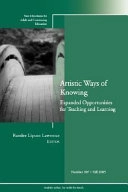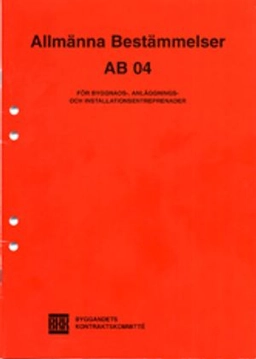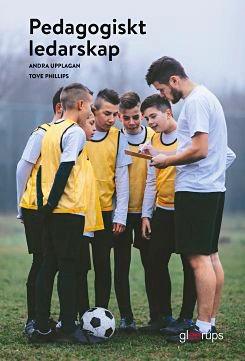

Artistic Ways of Knowing: Expanded Opportunities for Teaching and Learning:Upplaga 1
- Upplaga: 1a upplagan
- Utgiven: 2005
- ISBN: 9780787982843
- Sidor: 96 st
- Förlag: John Wiley & Sons
- Format: Häftad
- Språk: Engelska
Om boken
Åtkomstkoder och digitalt tilläggsmaterial garanteras inte med begagnade böcker
Mer om Artistic Ways of Knowing: Expanded Opportunities for Teaching and Learning: (2005)
I september 2005 släpptes boken Artistic Ways of Knowing: Expanded Opportunities for Teaching and Learning: skriven av Horace Engdahl. Det är den 1a upplagan av kursboken. Den är skriven på engelska och består av 96 sidor. Förlaget bakom boken är John Wiley & Sons som har sitt säte i Hoboken.
Köp boken Artistic Ways of Knowing: Expanded Opportunities for Teaching and Learning: på Studentapan och spara pengar.
Referera till Artistic Ways of Knowing: Expanded Opportunities for Teaching and Learning: (Upplaga 1)
Harvard
Oxford
APA
Vancouver



















